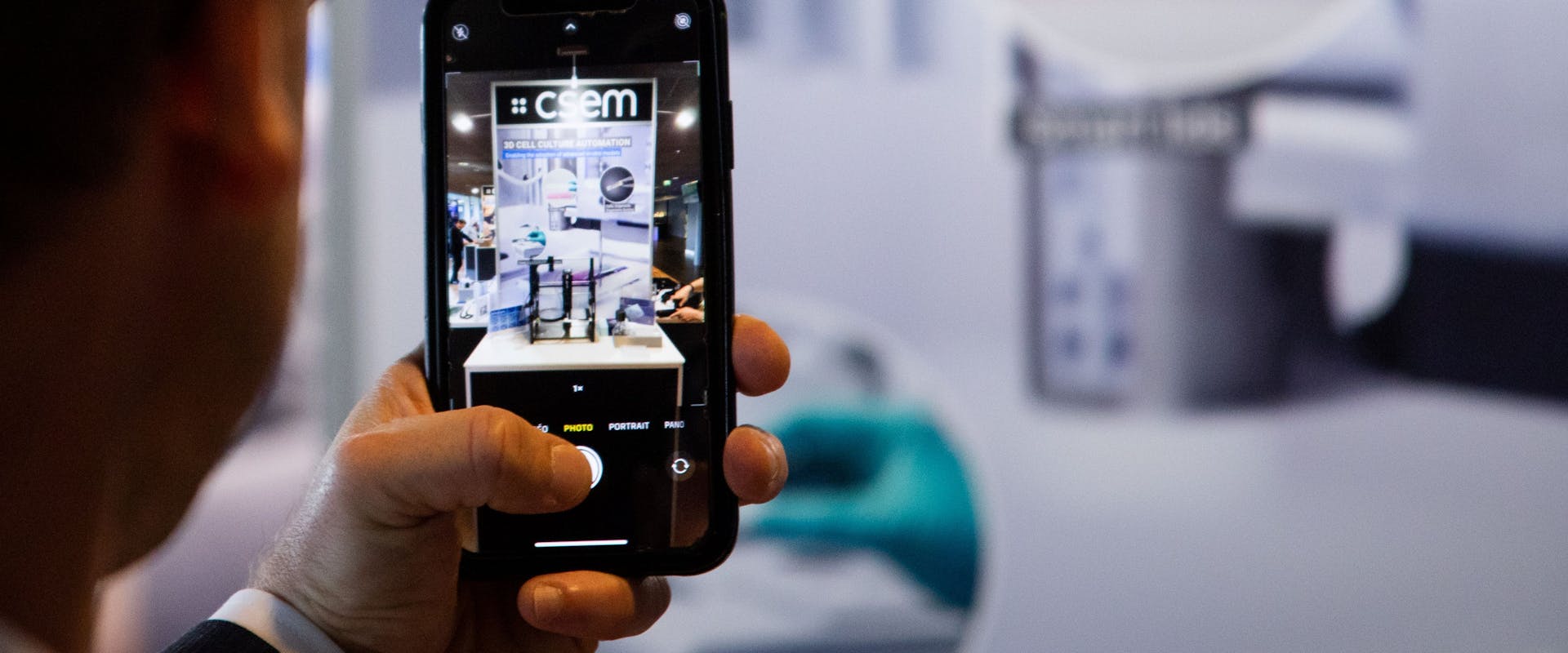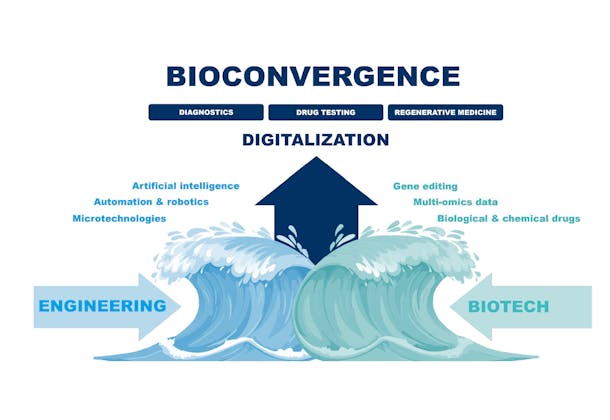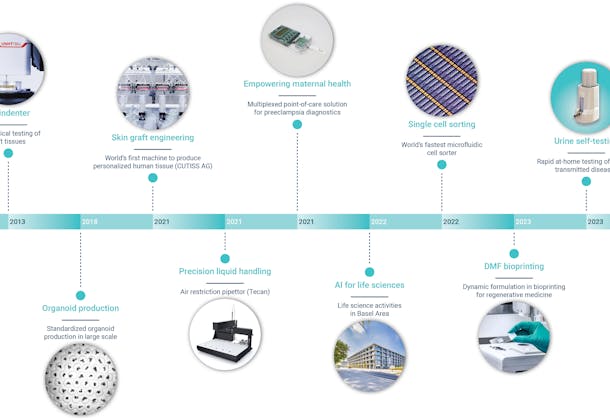June 27, 2023
Medical center Bern relies on CSEM's expertise in technology
On Tuesday, June 13, 2023, the Grand Council of the Canton of Bern approved a credit totaling 11.5 million Swiss francs for the construction and expansion of a CSEM department on the campus of the Inselspital, University Hospital Bern. Jens Krauss, member of the CSEM Executive Board and head of the "Digital Health" activities, explains this much anticipated decision.

© CSEM
- CSEM will soon complement the existing innovation ecosystem of the Canton of Bern.


